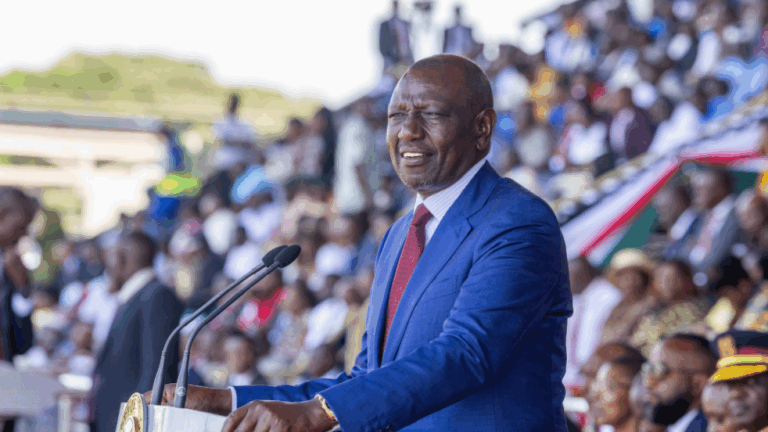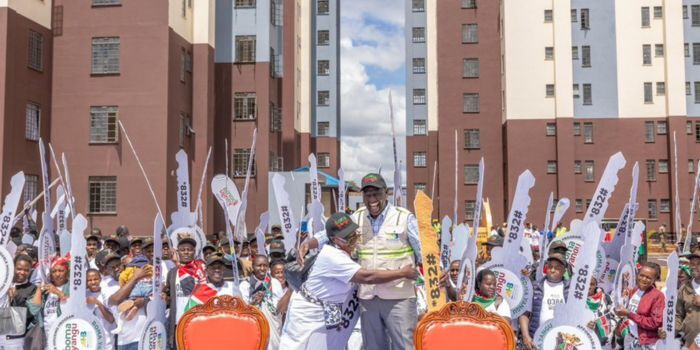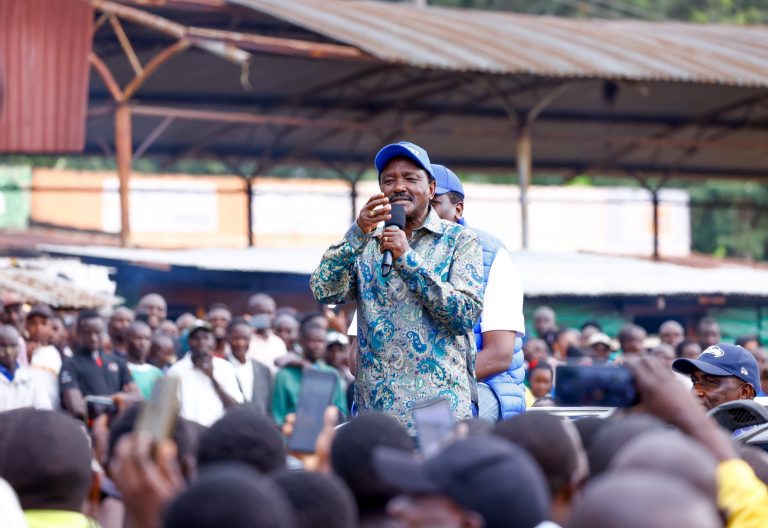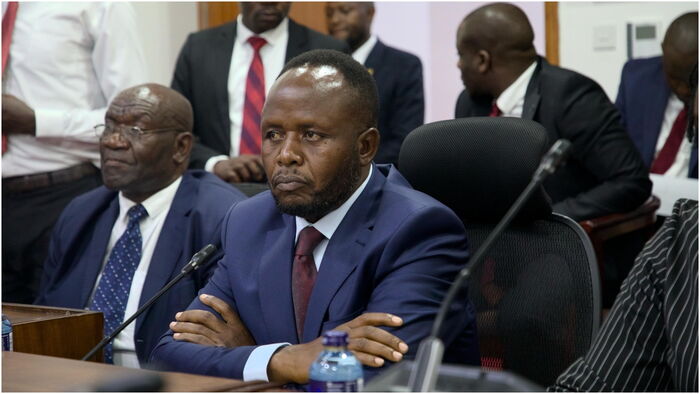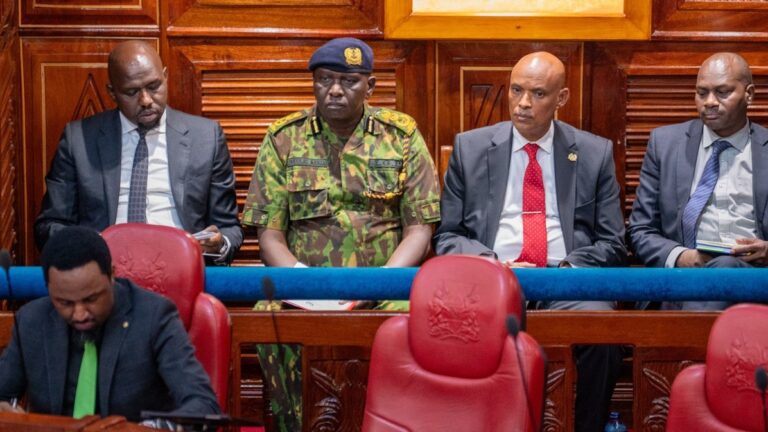
In a tense and emotionally charged session held on Wednesday, senators erupted in anger over the unexplained demise of Ojwang, who mysteriously died after being transported over 370 kilometers from Homa Bay to Nairobi.
“Are there no police stations in Homa Bay?” thundered Wajir Senator Mohamed Abbas, demanding answers on why a suspect from the lakeside county was dragged all the way to the capital, despite the presence of numerous detention facilities nearby.
His sentiments echoed throughout the chamber, with multiple legislators branding the move as “suspicious,” “unnecessary,” and “deeply troubling.”
The lawmakers raised red flags over the increasing trend of transferring suspects across counties, questioning whether the current devolved policing structure was being ignored or undermined.
Police Defend Themselves
In response to the firestorm, Inspector General of Police Douglass Kanja broke his silence, defending the move and stating, “Ojwang was taken to Nairobi because that’s where the alleged cybercrime was committed.”
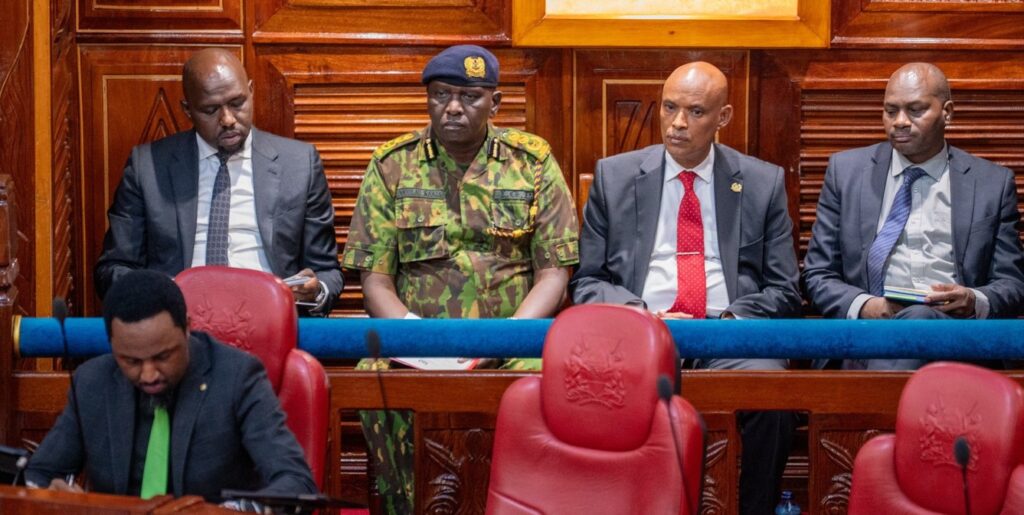
DCI boss Mohamed Amin backed the IG’s remarks, identifying the specific vehicle used for the transfer — a DCI Subaru Forester, registration number GKC 519B. He maintained that the journey from Homa Bay to Nairobi was direct, with no unauthorized stops.
“Let it be clear — Ojwang was treated with full respect during the entire journey,” Amin stated, attempting to douse public fury.
Cybercrime vs. Human Life?
Authorities claim the suspect’s arrest in Homa Bay and subsequent transfer to Nairobi was lawful, citing the cybercrime unit’s national mandate. But many Kenyans are not buying it — and neither are some senators.
Senator Haji: “Selective Outrage!”
Garissa Senator Abdulkadir Mohamed Haji delivered one of the session’s most explosive moments, accusing the Senate of hypocrisy. He compared Ojwang’s case to the unresolved deaths of six young men in Garissa and 40 fishermen recently found dead in Lake Turkana — tragedies that barely registered on the national radar.
“Why didn’t we convene special sittings then? Are some Kenyan lives more valuable than others?” he demanded, drawing stunned silence from the room.
Mounting Public Pressure
As the dust settles, the call for accountability grows louder. Civil rights groups and families of past victims are watching closely, as Ojwang’s case threatens to reignite Kenya’s long-standing battle with allegations of extrajudicial killings and police abuse.
The nation wants answers — and this time, it may not wait quietly.


